Podcast: Play in new window | Download (Duration: 38:41 — 35.4MB)
It’s summer! And aside from having songs from 70s movies that were set in the 50s stuck in our heads, we can’t stop thinking about all the fantastic summer foods we love.
So without further ado, let’s dive right into all the fantastic summer foods Japan has to offer!

Produce
Cucumbers – look for them in tsukemono (pickled cucumber), sliced with miso-sesame dressing, and kappa maki (cucumber sushi rolls)
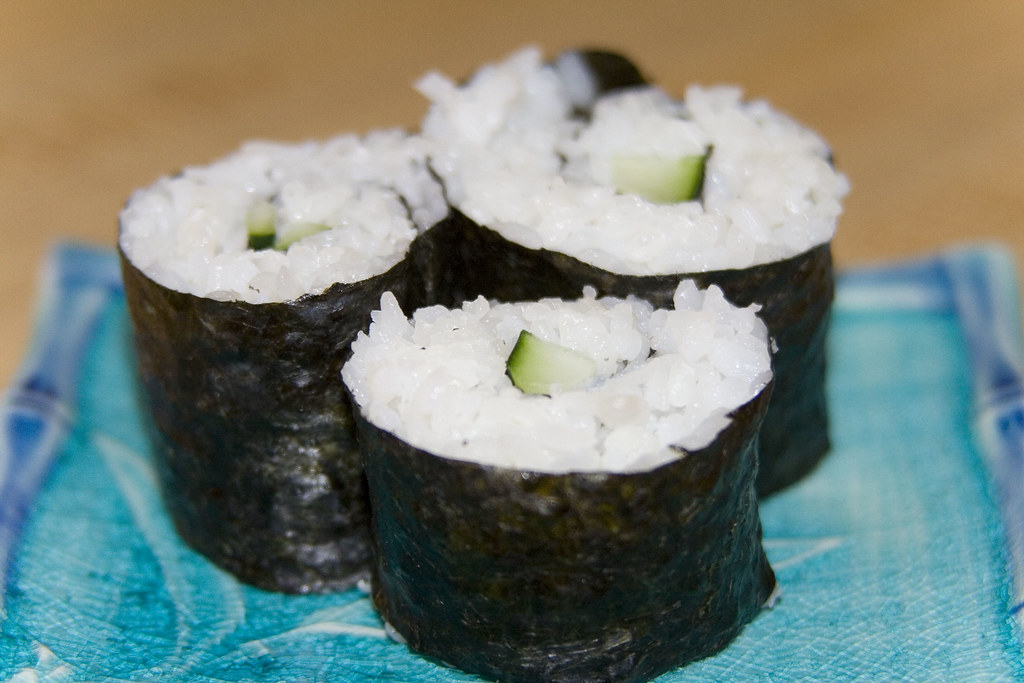
Eggplant can be found grilled, steamed with miso glaze, in vegetable curries, and pickled in tsukemono

Musk melon. The outside looks like cantaloupe, but the inside is yellower. It has a very distinct flavor (and it’s pricy – $100/piece!) Many melon-flavored things can be found in Japan, such as Hi-Chew, ice cream, and sodas
Watermelon – just like here in the US, watermelon is a popular summer fruit in Japan (though it’s far more expensive there!) Pepsi will be offering a Salty Watermelon-flavored Pepsi starting this week (July 24th)… if any of our listeners are in Japan right now, we’d love it if you can try it and let us know how it is! (We’re so disappointed we’re missing it.
You can also find watermelons in all sorts of shapes, like cubes, hearts, pyramids…
Suica wari is a popular watermelon splitting game… each person takes turns getting blindfolded and taking a swing at the watermelon with a stick (kind of like a piñata)… whomever breaks the watermelon open wins, and then everyone shares the watermelon. (If any of you do this, we want video!)
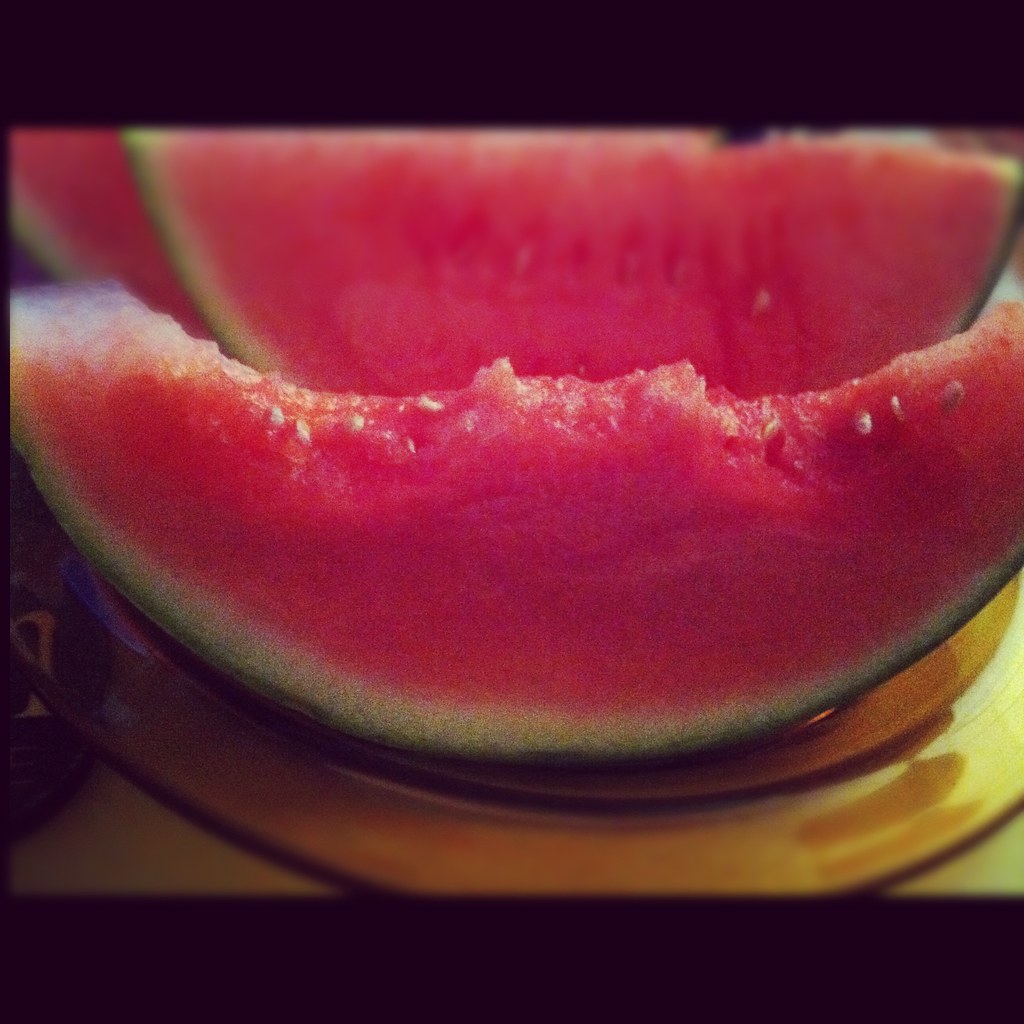
Noodles
Somen:
- somen salad
- hiyashi somen served on ice with a dipping sauce (tsuyu) and toppings
- nagashi somen – flowing noodles. Similar to kaiten sushi, but the somen flows down a length of bamboo filled with icy water, and you have to pick the noodles out with your chopsticks!

Hiyashi chuka or hiyashi udon – chilled chuka (ramen) noodles or chilled udon noodles. These are different from chilled somen because they’re served with their toppings on top, instead of on the side.
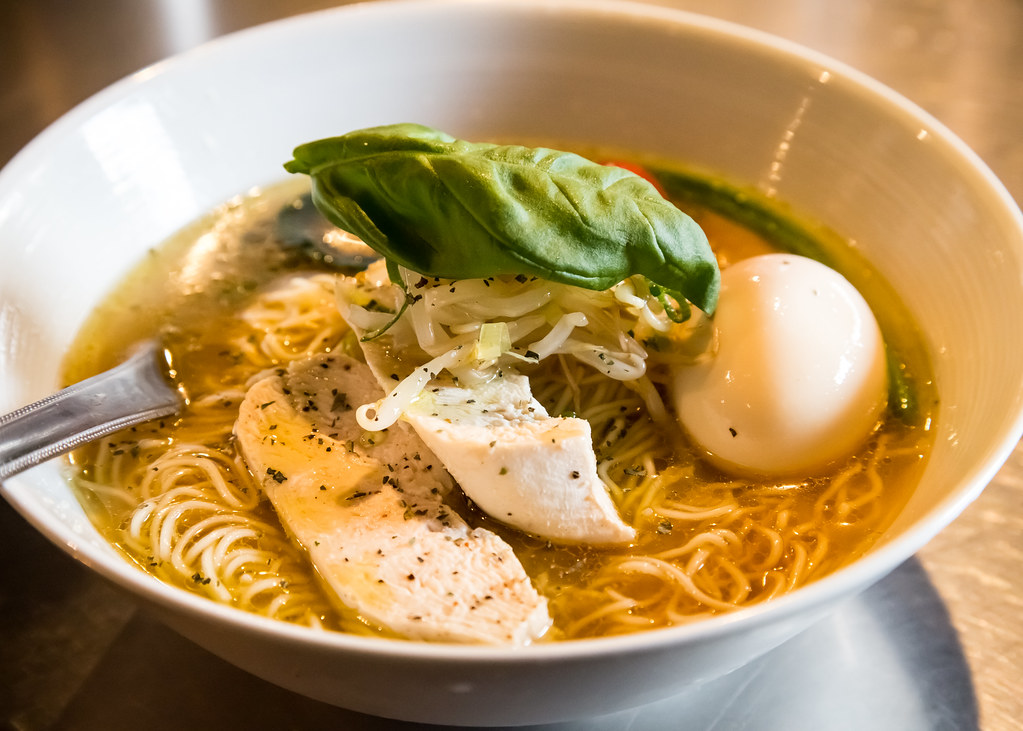
Zaru soba – soba (buckwheat noodles) served on a “zaru” (a woven bamboo plate) (By the way, buckwheat is gluten-free, BUT most soba is made with a little wheat flour so it isn’t gluten-free. “Ni-hachi” refers to noodles that are made with two parts wheat flour and eight parts buckwheat flour. “Ju-wari” or “to-wari” soba refer to 100% buckwheat soba.)

Yakisoba – pan-fried chuka noodles (ramen noodles) with thinly sliced pork, cabbage, bean sprouts, a little sauce… like a Japanese version of chow mein, except so much better.

Other Foods
Unagi – eel that has been skinned, butterflied, steamed, grilled, then topped with eel sauce. It’s eaten during summer because they believe it gives you stamina to get you through the hot, muggy days of summer.

Hiyayakko – chilled tofu topped with shoyu, grated ginger, green onion, grated daikon, or Japanese mustard. (Also try chilled tofu topped with maple syrup – delicious!)

Edamame – green soybeans, still in their pods, boiled and then tossed with coarse sea salt
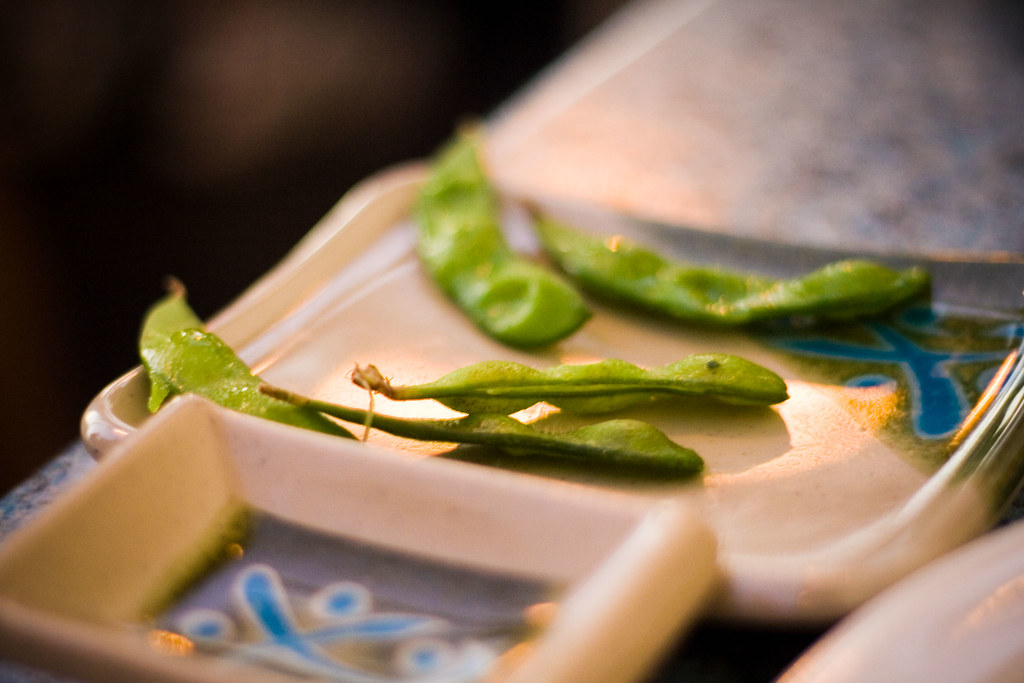
Kakigori – shaved ice. Very finely shaved, like snow (not crushed ice, like a snow cone), then topped with flavored syrups (strawberry, cherry, lemon, green tea, melon, sweet plum) sweetened condensed milk, adzuki beans.

Anmitsu – sweet, fruit-flavored jelly cubes, anko, mochi, fresh fruit, and a sweet black syrup made with black sugar. Variation: cream anmitsu comes with a scoop of ice cream.
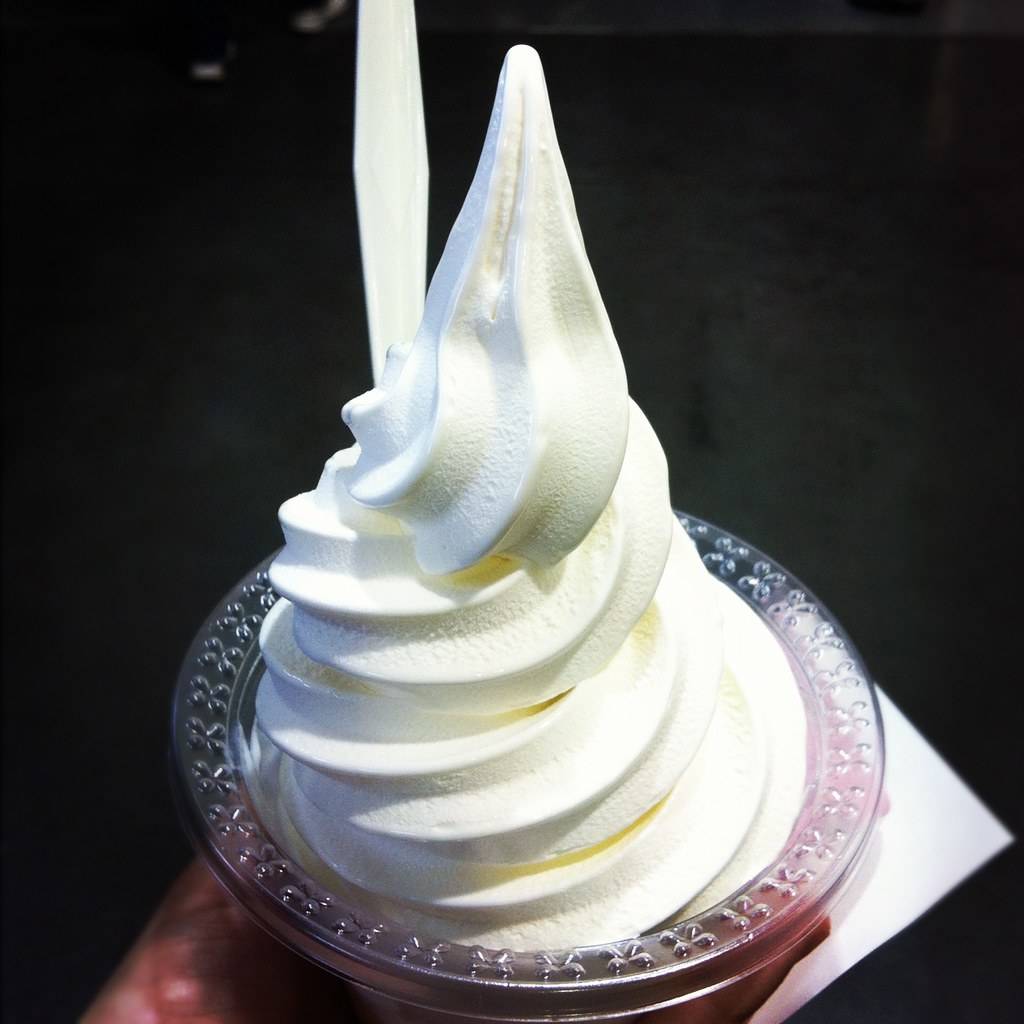
Soft cream – Japanese soft serve. Some of Rachael’s favorite flavors include hokkaido milk, purple sweet potato, black sesame, and musk melon.

